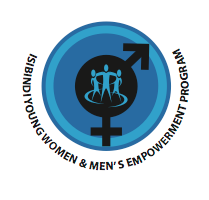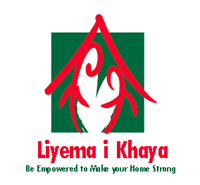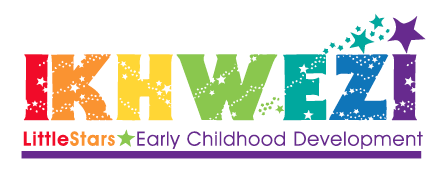Isibindi special programmes
Through experience the NACCW identified a number of areas which require additional programming. It developed, piloted, researched and rolled out a number of modular programmes that can be implemented as the need arises in a particular Isibindi project.
These include:

- Young Women’s Empowerment Programme (YWEP)
-
First, a group of women child and youth care workers from the particular Isibindi project is concientised to issues of gender politics and the impact of this on women's experiences in life. These child and youth care workers then mentor and support the young women on an on-going basis in their life space.
-
Second, a group of young women are exposed to a week-long residential program of intensive growth and strengthening, particularly with regard to women's issues. The young women are assisted with career planning and accessing further education and training.
|
|
Young Men’s Empowerment Programme (YMEP)
First, young men are exposed to a week-long wilderness programme where they are taught life-skills and planned awareness-raising is done with regard to gender issues and manhood.
Second, these young men are supported by child and youth care workers who understand gender dynamics and politics.
|
|
Child Protection Programme
Children who had been sexually abused and who lives in rural and deep rural areas attend a short-term residential programme. Chidren thus affected are brought from all over a province to a central child and youth care centre during the school holidays.
A combination of intensive therapeutic life-space work and individual and group therapy is offered.
The model also includes family members who are able to continue to support the children. Where possible children are also linked to community support systems.
|

Liyema I Khaya
Young people (16 - 25) managing the burden of heading households as a result of the HIV/AIDS pandemic attend this programme.
It comprises a structured capacity-building programme at the Isibindi Safe Parks and takes approximately 12 - 18 months to complete, depending on the schedules of the youth.
The programme is structured into 6 themes comprising 24 sessions. The facilitator of the programme is a CYCW who has been trained in the ADP.
The aim is to help the young people reflect on their experiences, losses and traumas, learn coping and life skills. They are helped to understand how to transfer these skills to their siblings as they lean to take care of their siblings physically, emotionally, cognitively and spiritually.
|
|

Disability
This programme aims to ensure that the needs of children with disabilities are addressed in Isibindi projects in the following ways:
-
facilitating access to grants
-
gaining access to schools
-
providing appropriate physical and psychosocial care and support
-
participating in recreational and cultural activities
-
Early Childhood Development
|

Early Childhood Development (ECD)
- This programme trains child and youth care workers in basic ECD skills. They are sent to families with children under the age of 6 to do:
- structured play with the children
- 1 ½ hour sessions twice a week, or more if necessary
- assess the children’s development and adapt toys and play opportunities accordingly during follow up sessions
- Caregivers are also encouraged to engage in these sessions
- Ways in which to help children develop whilst doing everyday tasks are discussed and modelled by the child and youth care worker whilst at the home
- Regular workshops are run for caregivers/gogos where issues of importance are discussed, and information exchanged. Whilst the caregivers are busy with this, the children are engaged in group ECD activities. After, or before the workshops the caregivers are encouraged to play with the children, together with the child and youth care workers. In this way games and ways of interacting is transferred and practiced.
- Integrated Youth Development Programme (IYDP)
- The programme aim is to support the holistic development of vulnerable teenagers/youth (16 to 25) through the provision of a comprehensive package of life skills, educational and economic empowerment opportunities.
- The expected outcome is to create sustainable change in the lives of young people which will see them successfully 'launched' into adulthood with the ability to serve as responsible role-models to their siblings and peers, contribute meaningfully to their communities and ultimately support themselves financially.
|



